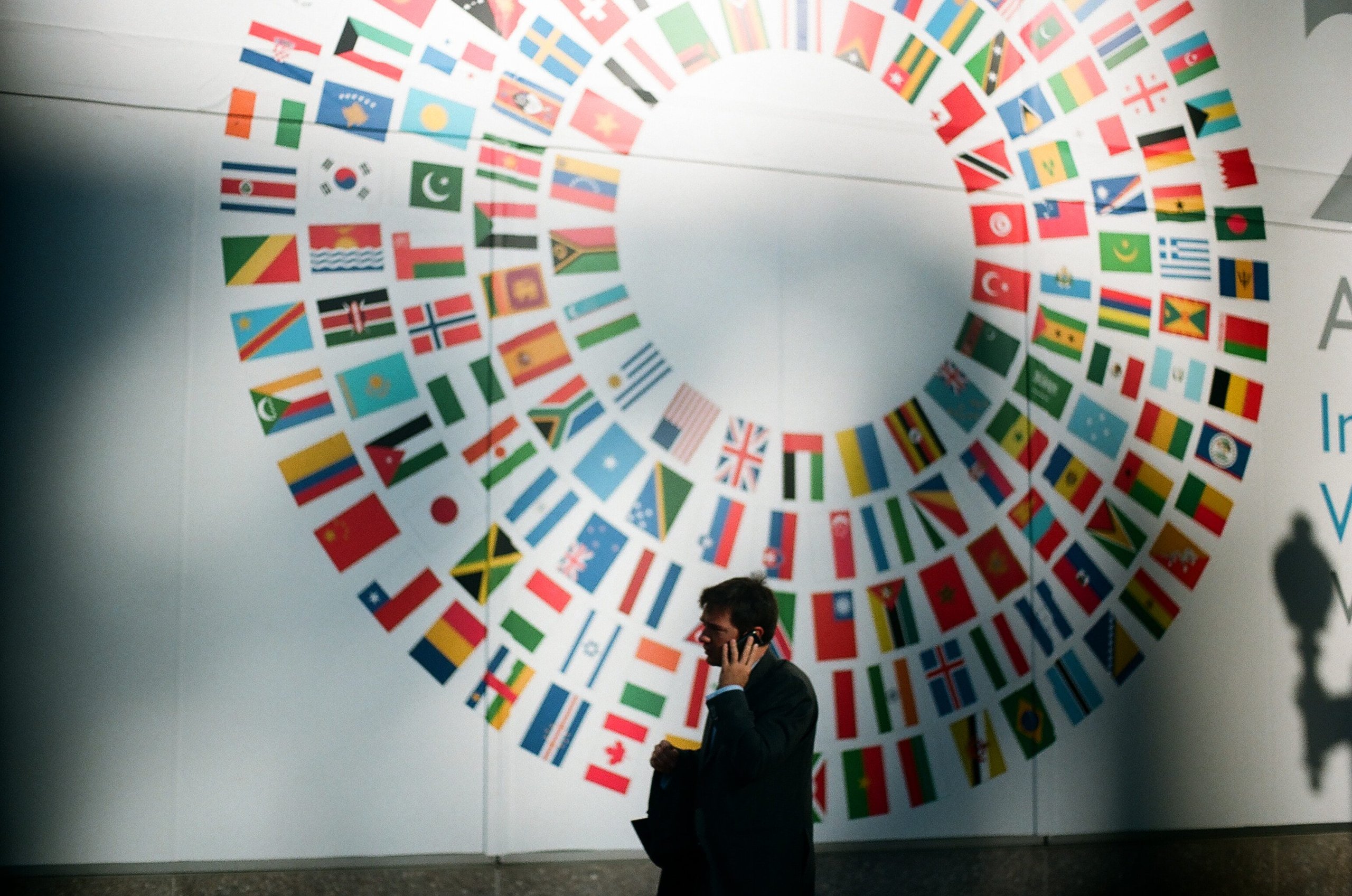NEWS
August 17, 2023

IN BRIEF
The urgency for global climate action has prompted World Bank management to rethink the Bank’s mission, vision, operations, and financing through the Evolution Roadmap. Following a public consultation that ended in July, the Bank has hosted regional consultations to inform stakeholders and gather their feedback. Despite the global scale of the climate crisis and the need to co-create solutions at the community level, the Evolution Roadmap, in its current form, does not identify citizen engagement and social accountability (CESA) as a significant pillar to deliver its ambitious goals. Much of the current focus has been on mobilizing finances to increase [...]
SHARE
The urgency for global climate action has prompted World Bank management to rethink the Bank’s mission, vision, operations, and financing through the Evolution Roadmap. Following a public consultation that ended in July, the Bank has hosted regional consultations to inform stakeholders and gather their feedback. Despite the global scale of the climate crisis and the need to co-create solutions at the community level, the Evolution Roadmap, in its current form, does not identify citizen engagement and social accountability (CESA) as a significant pillar to deliver its ambitious goals. Much of the current focus has been on mobilizing finances to increase the Bank’s lending capabilities. Increased “green finance” without the foundations of “green accountability” is bound to fail.
Here are five ways the Bank can do things differently to deliver better development outcomes for communities and value for money for its shareholders. The recommendations are based on a series of conversations Accountability Lab has had with civil society, think tanks, government representatives, and members of the World Bank staff and Board of Directors.
Incorporate a systems approach- First, the Bank needs to move to a systems-wide approach to embed CESA in everything the Bank and its partners do. The role of civil society is central- not ancillary- and civil society must be brought in as “the third leg” of Bank partnerships- similar to the government (IBRD and IDA) and the private sector (IFC and MIGA). When it comes to CESA, there is a need for the Bank to move from compliance to proactive accountability. Given the size and influence of the Bank, it has an important role in setting standards and best practices for other Multilateral Development Banks (MBDs) on how to engage with citizens and civil society.
Protect civic space- Second, there is a lack of consensus at the Bank that civic space matters. The World Bank invests the majority of its funding in Africa (36%), South Asia (20%), and Latin America and the Caribbean (13%). Of these regions, the CIVICUS Monitor on tracking civic space shows just one country- Uruguay- as open. This raises obvious questions regarding the Bank’s narrative and data on compliance with its citizen engagement requirements in these regions. It is difficult to truly understand what citizens want if they are unable to voice their concerns in meaningful ways. The Bank’s failure to recognize how eroding civic space will hinder efforts towards a just transition is not only a missed opportunity. Providing funds to government counterparts who are not accountable to their citizens brings into question the organization’s institutional credibility. The Bank needs to fully understand the contexts in which it works by carrying out civic space assessments and integrating tools like the Civicus Monitor into the corporate scorecard and as part of country diagnostics.
Build on and scale up existing mechanisms- Third, the Bank already has existing mechanisms- like the Global Partnership for Social Accountability (GPSA)- that can be scaled up to facilitate the integration of international, regional, national, and local CSO/CBOs into the overall architecture of development finance. The green accountability initiative by the GPSA provides an opportunity to pilot a focus on climate change projects that can be scaled to incorporate CESA mechanisms across the Bank’s portfolio. The GPSA could also be elevated to a Financial Intermediary Fund (FIF) status (analogous to the Global Environment Facility or the Global Partnership for Education) to demonstrate commitment, improve prominence, and redesign delivery and management mechanisms with civil society.
Incorporate evidence and best practice– Fourth, there is existing evidence and examples of best practices that the Bank can build- and through which promises made at the policy level can be translated into implementation at the operational level. A recent World Bank-funded research effort carried out by Systemiq shows that every $1 invested in green accountability could yield up to $12 in savings. There are other examples of how CESA has contributed to improved development outcomes, including within the Bank’s work with initiatives like the Locally-Led Climate Action Program now being piloted nationally in Kenya. Similarly, multilateral efforts like the Open Government Partnership (OGP) provide a well-developed process through which citizen engagement is built into reforms, which leads to greater ownership.
Take the conversations to the grassroots– Finally, so far, the Bank’s consultation efforts have not been broad enough to incorporate civil society voices from the Global South. Consultations on the Bank’s Evolution process are still in isolation and are often beset by barriers such as language and access to information for those in developing countries. Given the Bank’s reach, the organization should engage in country-level consultations rather than limit consultations to a few regional hubs. The Bank’s evolution is taking place on the backdrop of a global poly-crisis. Whether climate actions deliver positive and, most importantly, more equitable outcomes will largely depend on how the most affected communities are brought into the decision-making process to design, implement, monitor, and evaluate green initiatives and ensure green accountability. After all, climate change will disproportionately affect the communities that are least able to deal with the challenges it creates.
*Sanjeeta Pant is Global Programs and Learning Manager and Blair Glencorse is Co-CEO at Accountability Lab
